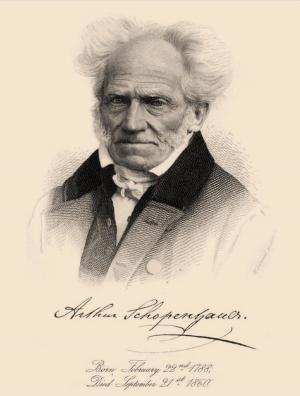| Author: | Christopher James, Sir John Mandeville | ISBN: | 9783593301655 |
| Publisher: | Lighthouse Books for Translation Publishing | Publication: | March 4, 2019 |
| Imprint: | Lighthouse Books for Translation and Publishing | Language: | English |
| Author: | Christopher James, Sir John Mandeville |
| ISBN: | 9783593301655 |
| Publisher: | Lighthouse Books for Translation Publishing |
| Publication: | March 4, 2019 |
| Imprint: | Lighthouse Books for Translation and Publishing |
| Language: | English |
Sir John Mandeville, (flourished 14th century), purported author of a collection of travelers’ tales from around the world, The Voyage and Travels of Sir John Mandeville, Knight, generally known as The Travels of Sir John Mandeville. The tales are selections from the narratives of genuine travelers, embellished with Mandeville’s additions and described as his own adventures.
The actual author of the tales remains as uncertain as the existence of the English knight Sir John Mandeville himself. The book originated in French about 1356–57 and was soon translated into many languages, an English version appearing about 1375. The narrator Mandeville identifies himself as a knight of St. Albans. Incapacitated by arthritic gout, he has undertaken to stave off boredom by writing of his travels, which began on Michaelmas Day (September 29) 1322, and from which he returned in 1356. The 14th-century chronicler Jean d’Outremeuse of Liège claimed that he knew the book’s true author, a local physician named Jean de Bourgogne, and scholars afterward speculated that d’Outremeuse himself wrote the book. Modern historical research debunked the d’Outremeuse tradition but has yielded few more positive conclusions, and the actual author of the Travels remains unknown.
It is not certain whether the book’s true author ever traveled at all, since he selected his materials almost entirely from the encyclopaedias and travel books available to him, including those by William of Boldensele and Friar Odoric of Pordenone. The author enriched these itineraries with accounts of the history, customs, religions, and legends of the regions visited, culled from his remarkably wide reading, transforming and enlivening the originals by his literary skill and genuine creative imagination. The lands that he describes include the realm of Prester John, the land of darkness, and the abode of the Ten Lost Tribes of Israel, all legendary. Although in his time “Mandeville” was famous as the greatest traveler of the Middle Ages, in the ensuing age of exploration he lost his reputation as a truthful narrator. His book, notwithstanding, has always been popular and remains extremely readable.
Sir John Mandeville, (flourished 14th century), purported author of a collection of travelers’ tales from around the world, The Voyage and Travels of Sir John Mandeville, Knight, generally known as The Travels of Sir John Mandeville. The tales are selections from the narratives of genuine travelers, embellished with Mandeville’s additions and described as his own adventures.
The actual author of the tales remains as uncertain as the existence of the English knight Sir John Mandeville himself. The book originated in French about 1356–57 and was soon translated into many languages, an English version appearing about 1375. The narrator Mandeville identifies himself as a knight of St. Albans. Incapacitated by arthritic gout, he has undertaken to stave off boredom by writing of his travels, which began on Michaelmas Day (September 29) 1322, and from which he returned in 1356. The 14th-century chronicler Jean d’Outremeuse of Liège claimed that he knew the book’s true author, a local physician named Jean de Bourgogne, and scholars afterward speculated that d’Outremeuse himself wrote the book. Modern historical research debunked the d’Outremeuse tradition but has yielded few more positive conclusions, and the actual author of the Travels remains unknown.
It is not certain whether the book’s true author ever traveled at all, since he selected his materials almost entirely from the encyclopaedias and travel books available to him, including those by William of Boldensele and Friar Odoric of Pordenone. The author enriched these itineraries with accounts of the history, customs, religions, and legends of the regions visited, culled from his remarkably wide reading, transforming and enlivening the originals by his literary skill and genuine creative imagination. The lands that he describes include the realm of Prester John, the land of darkness, and the abode of the Ten Lost Tribes of Israel, all legendary. Although in his time “Mandeville” was famous as the greatest traveler of the Middle Ages, in the ensuing age of exploration he lost his reputation as a truthful narrator. His book, notwithstanding, has always been popular and remains extremely readable.















